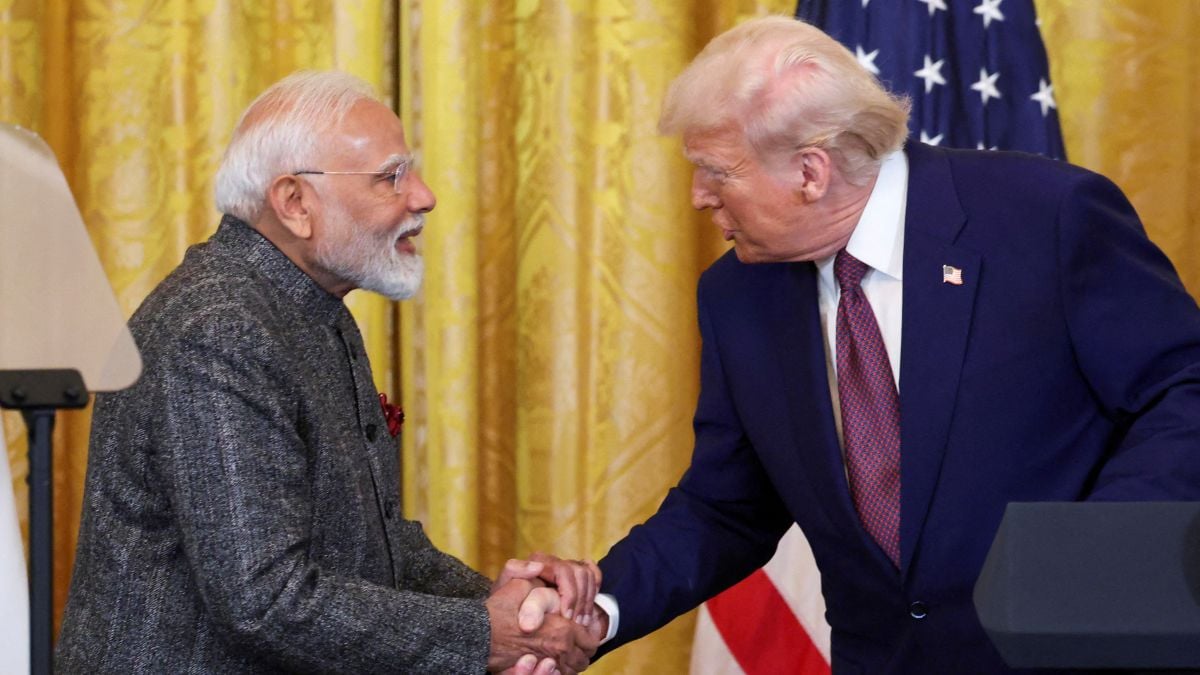

A US Congressman has refuted claims that the United States Agency for International Development (USAID) spent $21 million on a grant aimed at increasing voter turnout in India. Congressman Gregory Meeks stated that "the grant never existed," directly contradicting previous allegations made by former President Donald Trump.
Earlier in the year, Trump repeatedly claimed that USAID had allocated the funds to boost voter turnout in India, even insinuating that USAID was attempting to sway election outcomes. These statements stirred political controversy in India, prompting the Indian Foreign Ministry to investigate the "deeply troubling" allegations.
The controversy began when the Department of Government Efficiency (DOGE), led by Elon Musk, announced the cancellation of a $21 million fund designated for "voter turnout" in India as part of a broader budget overhaul. Trump then questioned why the U.S. was providing aid to India, especially when India was benefiting from high tariffs on American goods. He also suggested the funds were intended to influence the 2024 elections, calling it a "kickback scheme".
In response to Trump's initial claims, the Congress party in India demanded that the Union government release a white paper detailing USAID's funding of both governmental and non-governmental institutions in India over the past decades. The party also dismissed Trump's claims as "nonsensical," with Jairam Ramesh, Congress communication chief, stating that the claims implied USAID interference in Indian elections.
The Bharatiya Janata Party (BJP) accused Congress of using foreign funds to destabilize democracy, while Congress countered by claiming that the BJP and the Rashtriya Swayamsevak Sangh (RSS) have long benefited from U.S. grants. The BJP also alleged that a report in The Washington Post, which stated that the funds were actually meant for Bangladesh, was a cover-up for foreign funding through George Soros' Open Society Foundations.
Amidst the political sparring, it was revealed that USAID had pledged half a million dollars in 2013 to boost voter participation in India, with the funds being routed through the Consortium for Elections and Political Process Strengthening (CEPPS). However, S.Y. Quraishi, former Chief Election Commissioner of India, rejected allegations that the Election Commission had any monetary dealings with CEPPS or that USAID funds were used to boost voter participation in India.
The recent statement by Congressman Meeks further complicates the issue, as he denies the existence of the $21 million grant altogether. This rebuttal raises questions about the accuracy of Trump's claims and the source of the information he relied upon. It also underscores the need for clarity and transparency in matters of foreign aid and its potential impact on democratic processes.